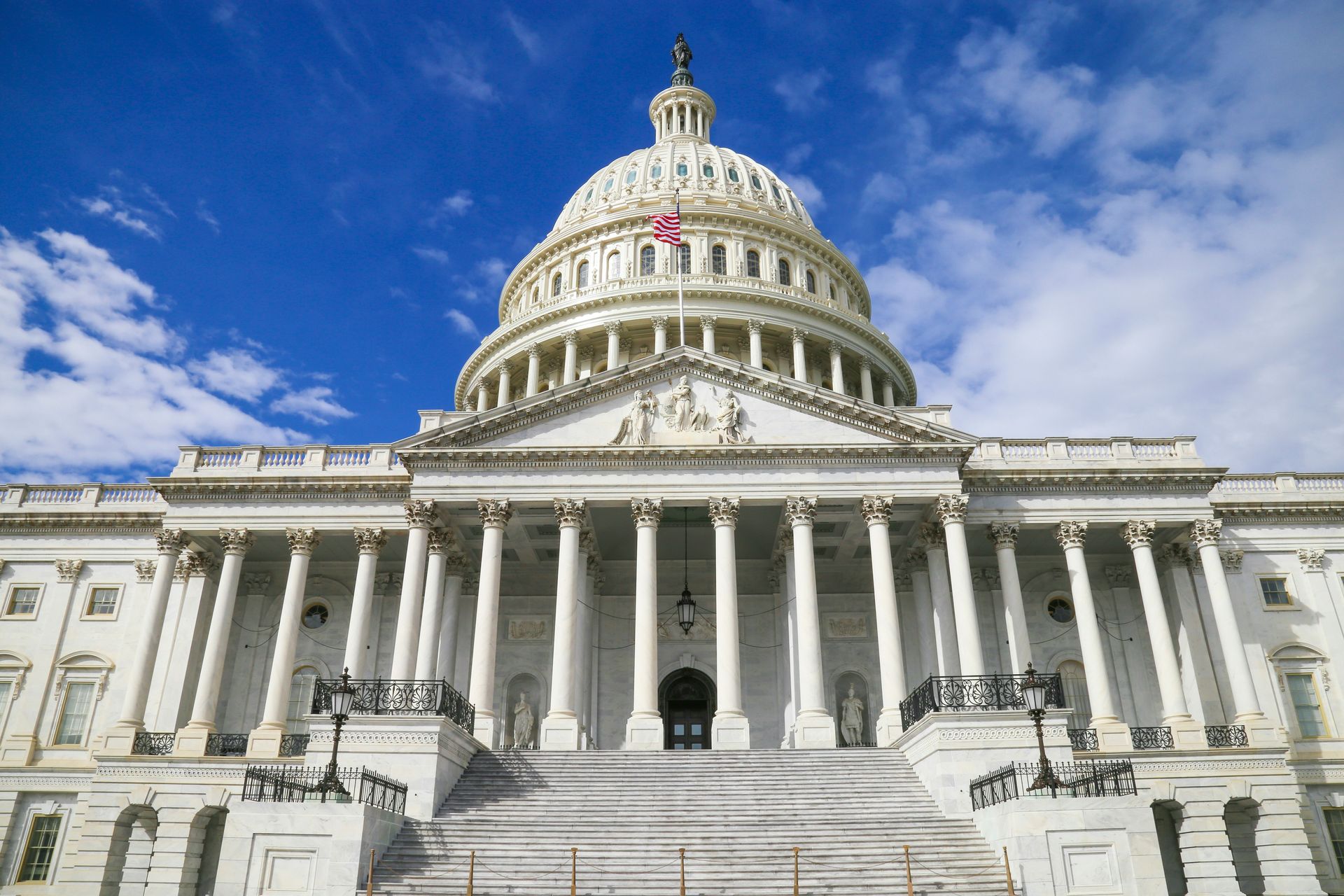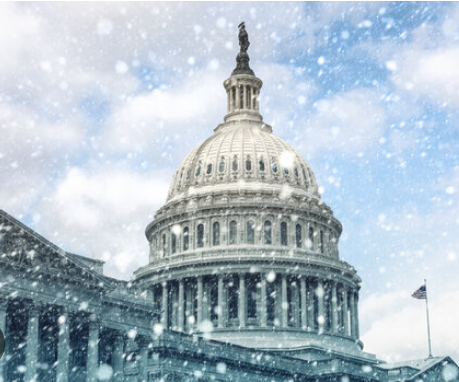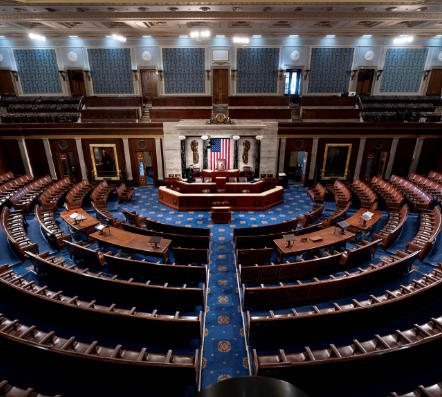NAWB Board Chair Provides Testimony to the House Small Business Committee Subcommittee on Innovation, Entrepreneurship, and Workforce Development
Read the full text below.
September 25, 2024
My name is Lisanne McNew, and I am the owner and CEO of SAFE Engineering in Monument, Colorado. Additionally, I serve as the Board Chair of the National Association of Workforce Boards (NAWB), Immediate Past Chair of the Colorado Workforce Development Council, and Past Board Chair of the Pikes Peak Workforce Development Board in Colorado Springs.
I appreciate the opportunity to testify about the vital role of small businesses in workforce development and the support provided by workforce boards.
In Colorado, the Pikes Peak Workforce Development Board and our Workforce Center connect businesses with work-ready job seekers and employer-driven services. We assist residents of El Paso and Teller Counties in navigating career transitions, whether they are unemployed, underemployed, or facing other barriers. Our clients range from entry-level to professional, including youth, adults, returning workers, and those overcoming employment challenges. We offer job search and training opportunities, including 20 free job seeker workshops annually, as well as the largest virtual and in-person job fairs in Southern Colorado.
I’d like to share a few key initiatives highlighting our collaboration in small business development:
- Incumbent Worker Training (IWT): We actively engage with Small Business Development Centers (SBDCs) to promote our programs, including the popular IWT (Employee Development Fund). Recently, five childcare businesses collaborated with an SBDC to apply for IWT grants, resulting in three businesses receiving $15,157 to upskill 38 employees—crucial for sustaining our local childcare workforce. With more resources, workforce boards could expand these efforts significantly.
- Veterans: We participate in SBDC’s Veterans Conference to assist veteran-owned businesses in attracting and retaining talent. We provide guidance on skills-based hiring, job descriptions, and other support to help them grow. Our Workforce Development Board is proud of this commitment.
- Cybersecurity: As cybersecurity becomes increasingly critical for business success, we connect small businesses with high-quality training and resources. We are developing specific training on cybersecurity best practices for small businesses and regularly participate in cybersecurity initiatives to link workers with employers in this vital sector.
The potential for greater integration between workforce boards and small businesses is significant. Earlier this year, NAWB and the U.S. Small Business Administration (SBA) signed a Strategic Alliance Memorandum (SAM) to enhance collaboration and resource access.
The SBA is an ideal partner for NAWB, representing nearly 600 Workforce Development Boards that collaborate with education and economic development stakeholders to deliver regional workforce programs tailored to job seekers, businesses, and communities. Workforce boards manage over 2,300 American Job Centers and partner with various organizations to serve both businesses and job seekers effectively.
By providing SBA-sponsored assistance through its resource partners, we can better address the challenges of training and support services for small businesses, increasing awareness of available resources.
I hope my testimony illustrates the opportunities for workforce boards to bolster small businesses. Thank you for allowing me to share these insights with the Subcommittee.
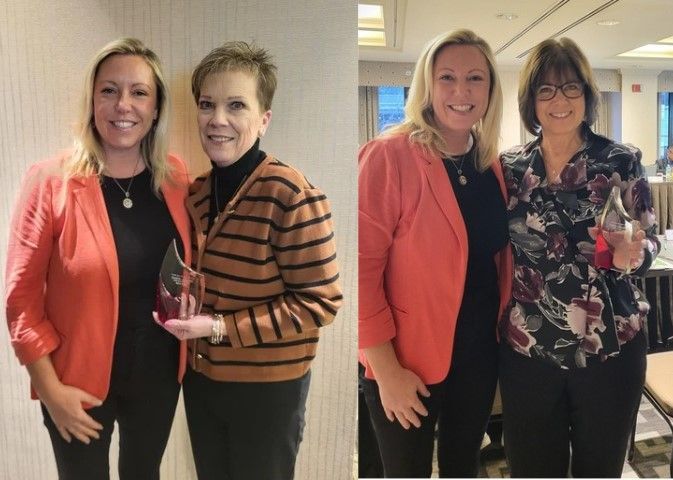
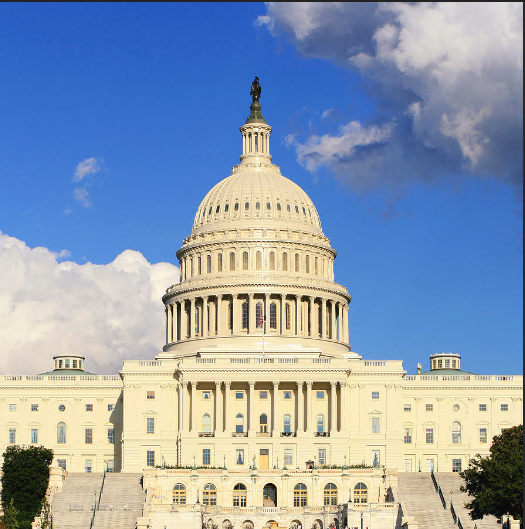
National Association of Workforce Boards | All Rights Reserved |
Created by Olive + Ash.
Managed by Olive Street Design.


